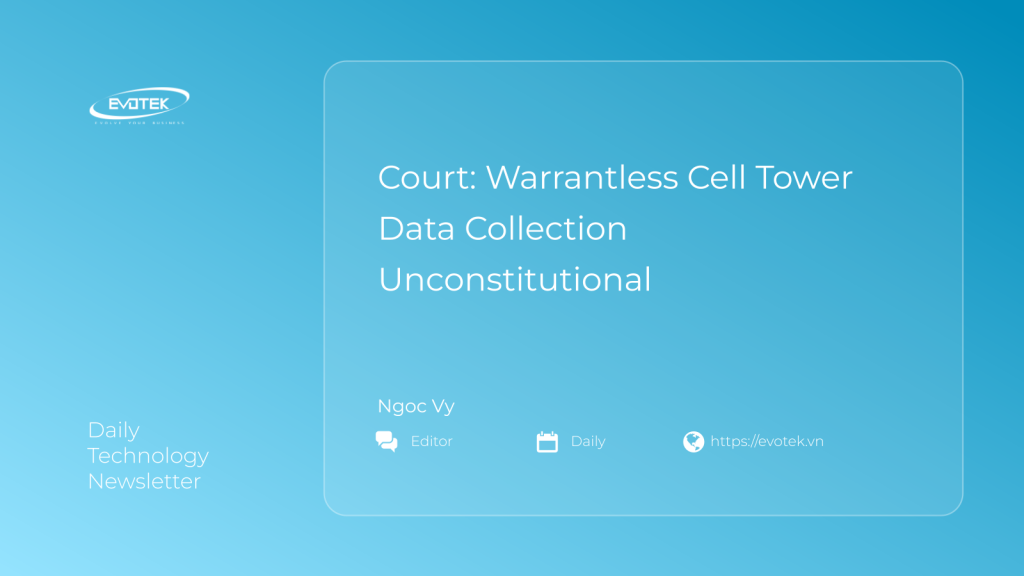A Nevada federal judge has ruled that mass collection of cell tower data, often referred to as “tower dumps,” violates the Fourth Amendment, which protects against unreasonable searches and seizures. The ruling, initially reported by 404 Media and Court Watch, marks a significant victory for privacy advocates.
What are Tower Dumps?
Tower dumps involve authorities extracting cellular records from a specific tower during a set timeframe. While investigators might seek information on a single individual, these sweeps invariably expose the data of thousands of innocent users, raising serious privacy concerns. An example cited was the 2010 High Country Bandits case, where police identified bank robbers by analyzing a tower dump containing over 150,000 phone numbers.
Good Faith Exception Allows Use of Evidence
Despite acknowledging the unconstitutionality of the practice, Judge Miranda Du allowed the use of the cell tower data as evidence in a specific case. Judge Du justified this decision by stating that this is the first instance the court has reached this conclusion within the Ninth Circuit. Also stated that a “good faith exception” applied.
Case Details
The tower dump in question revealed data from 1,686 users. It was instrumental in building a case against Cory Spurlock, a Nevada resident accused of murder-for-hire conspiracy and conspiracy to distribute marijuana. A similar ruling occurred in Mississippi in February, where a federal judge blocked the FBI from accessing cell tower data across nine locations and four carriers. The Department of Justice has appealed that decision.
The Nevada ruling underscores the ongoing debate surrounding law enforcement’s access to digital information and its potential impact on individual privacy. This decision could influence future legal challenges to similar surveillance practices.
Categories: News, Policy, Privacy, Tech
Source: 404 Media, Court Watch

 日本語
日本語 한국어
한국어 Tiếng Việt
Tiếng Việt 简体中文
简体中文